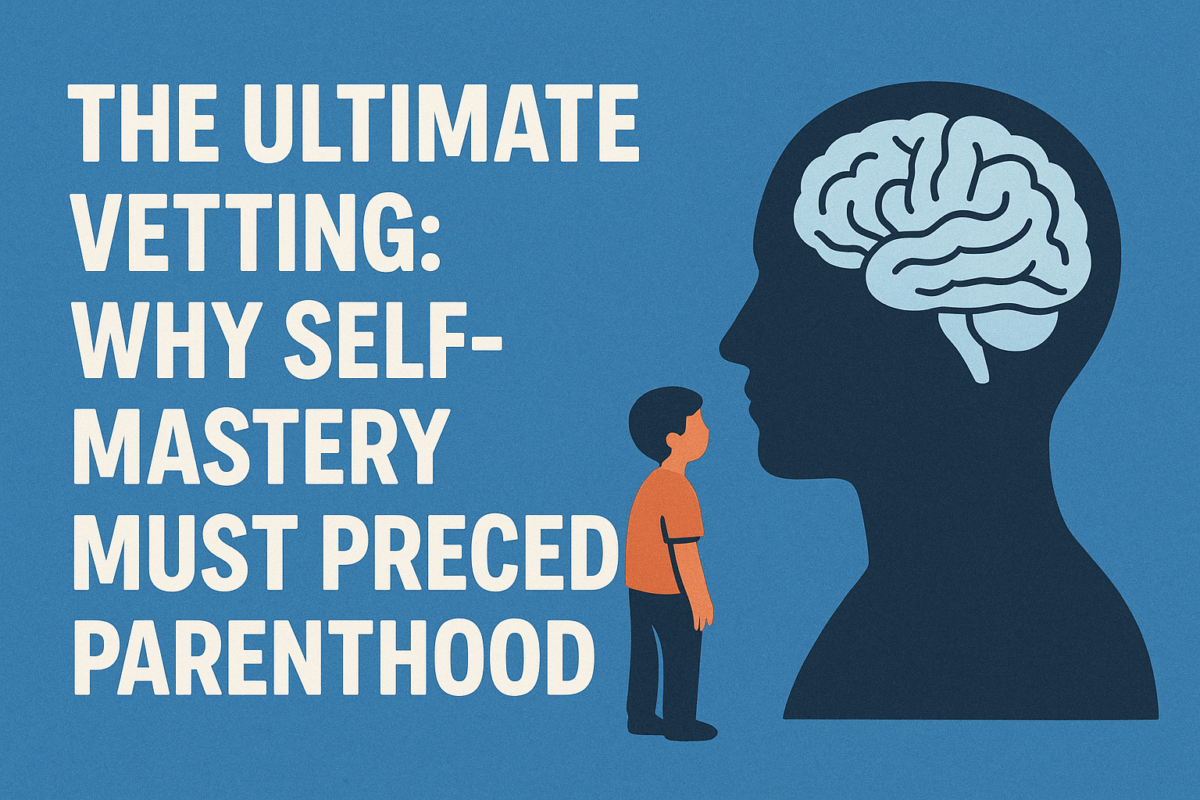The phrase “red pill” has moved far beyond its origins in the 1999 science fiction film The Matrix. In the movie, taking the red pill allowed the protagonist to see the harsh truth about reality, while the blue pill represented comfort and illusion. Today, however, the term “Red Pill” has been adopted as the name of a controversial internet-based ideology that focuses on gender dynamics, masculinity, and social critique.
Defining the Red Pill Ideology
In modern usage, the Red Pill ideology refers to a worldview—primarily found in online forums and communities—that claims to “wake people up” to supposed truths about society, particularly about women, men, and relationships. Its followers believe mainstream culture hides realities about gender and that only by “taking the red pill” can men understand how the world really works.
Core Beliefs of the Red PillWhile not all Red Pill thinkers agree on every point, the ideology generally revolves around:
Hypergamy: The belief that women are naturally inclined to seek out men with higher status, wealth, or social power.
Gender Roles: Strong emphasis on traditional masculinity, dominance, and leadership in relationships.
Skepticism of Feminism: Viewing feminism not as a movement for equality, but as something that disadvantages men and distorts gender relations.
Dating and Sexual Strategy: Advice often centers on male self-improvement—fitness, confidence, financial success—framed as necessary to attract women.
Online Communities and Growth
The Red Pill ideology first gained traction in the early 2010s on forums like Reddit’s r/TheRedPill and has since spread across blogs, podcasts, YouTube channels, and social media. Some of its ideas overlap with the broader “manosphere”, which includes men’s rights activists (MRAs), pick-up artist communities, and self-proclaimed “alpha male” coaches.Criticism of the Red PillThe ideology has attracted significant criticism, and for good reason.
Detractors argue that it:
Promotes Misogyny: By painting women as manipulative, hypergamous, or untrustworthy, it often reinforces negative stereotypes.
Encourages Toxic Masculinity: Narrow definitions of what it means to be a “real man” can harm men’s mental health and relationships.
Overgeneralizes Human Behavior: While some Red Pill observations may stem from real patterns, critics point out that they oversimplify complex human relationships into rigid rules.
Why It Appeals to Some Men
Despite criticism, the Red Pill resonates with many men who feel overlooked, disempowered, or disillusioned by modern dating and gender norms. For some, the ideology offers a sense of clarity, community, and self-improvement. At its best, it encourages men to take responsibility for their fitness, career, and confidence. At its worst, it fosters resentment, antagonism, and hostility toward women.
A Balanced Take
Understanding the Red Pill requires separating its useful advice from its harmful generalizations. There is nothing wrong with men pursuing self-improvement, confidence, or strength. However, building those qualities should not come at the expense of respect for women or mutual trust in relationships.
The Red Pill ideology is a modern movement that reinterprets gender relations through a lens of skepticism and confrontation. For some, it feels like a wake-up call; for others, it represents a step backward into entrenched stereotypes. Like the metaphor it borrows from, the Red Pill offers a stark view of reality—but whether it truly reveals truth or simply creates a new illusion remains hotly debated.


